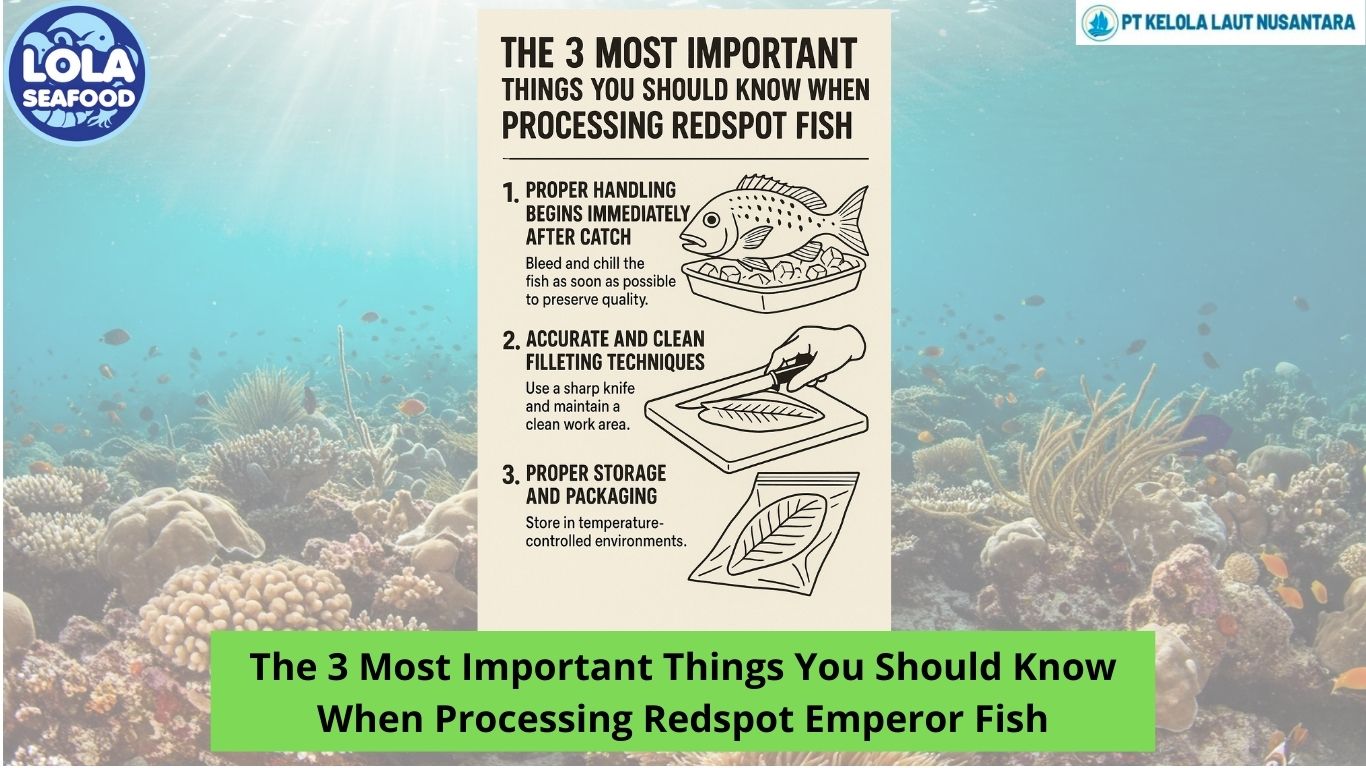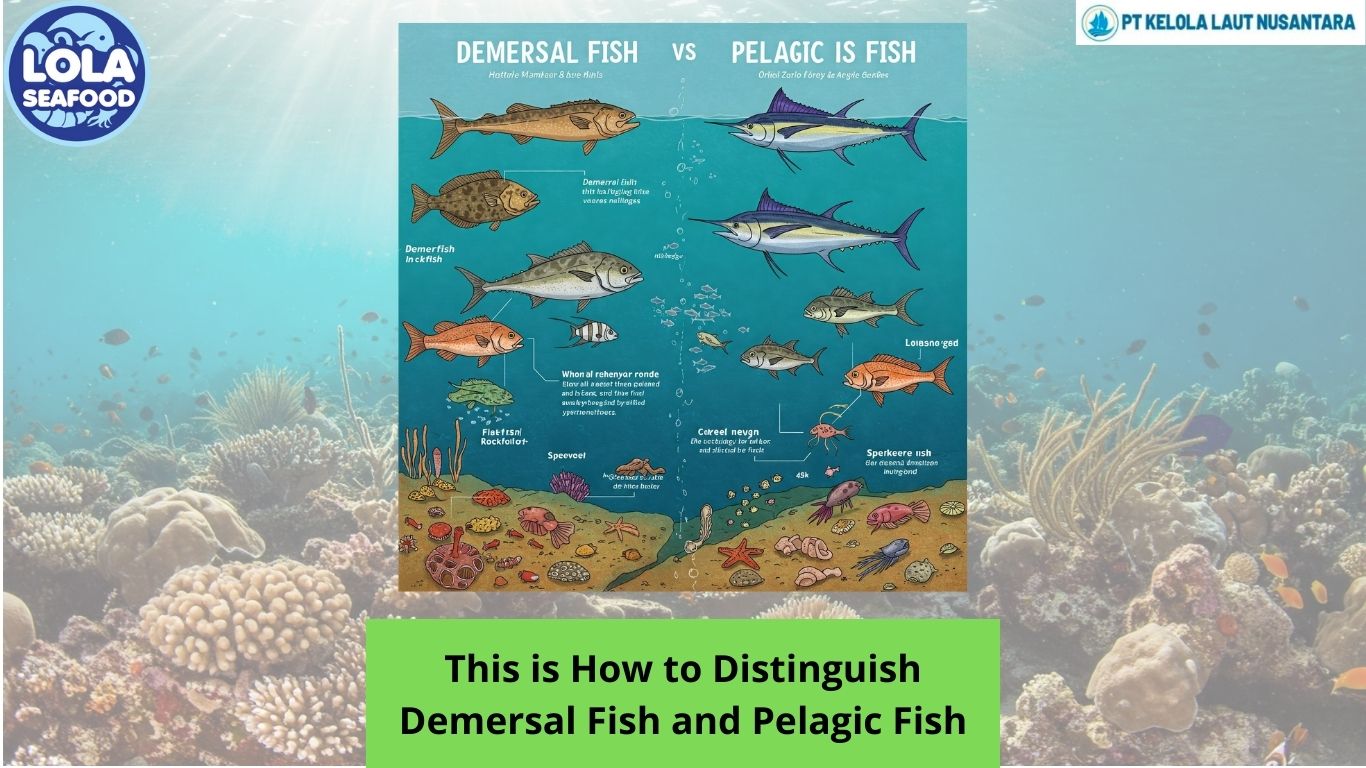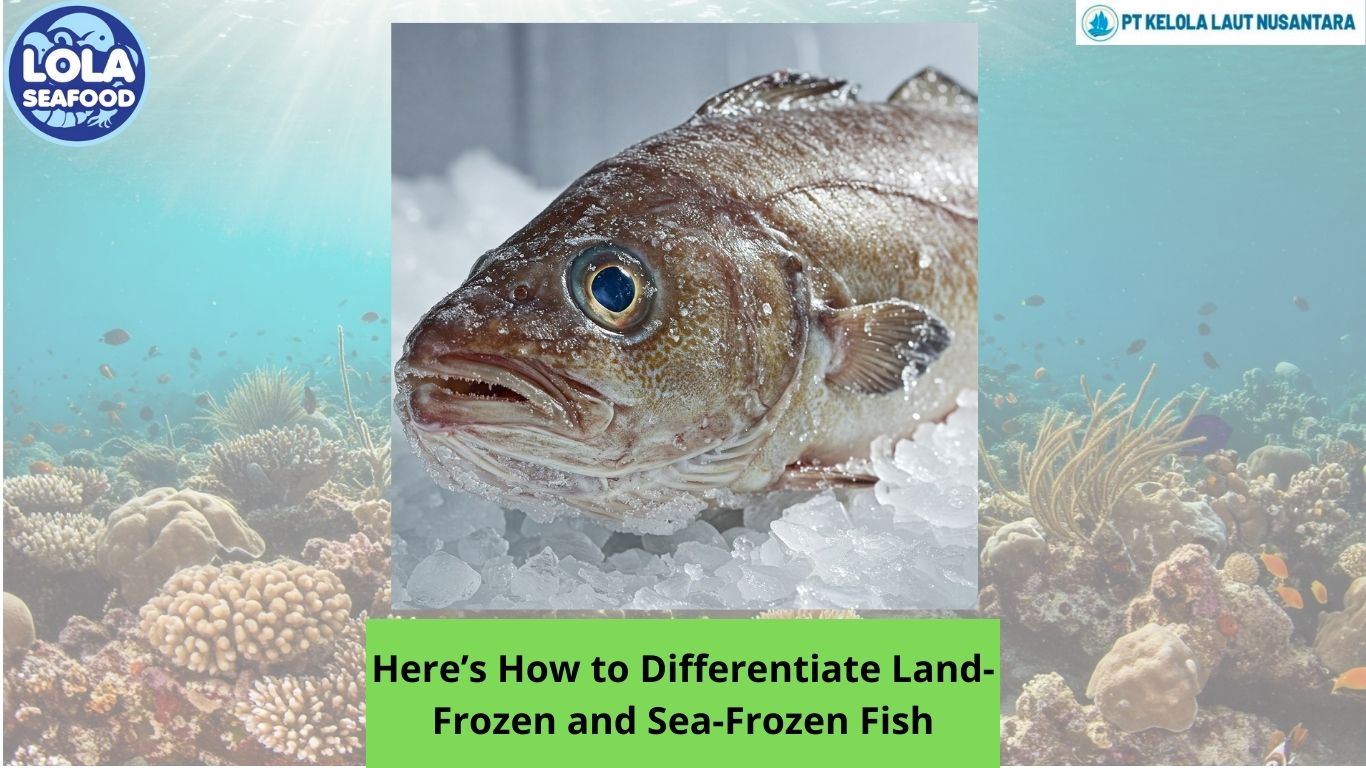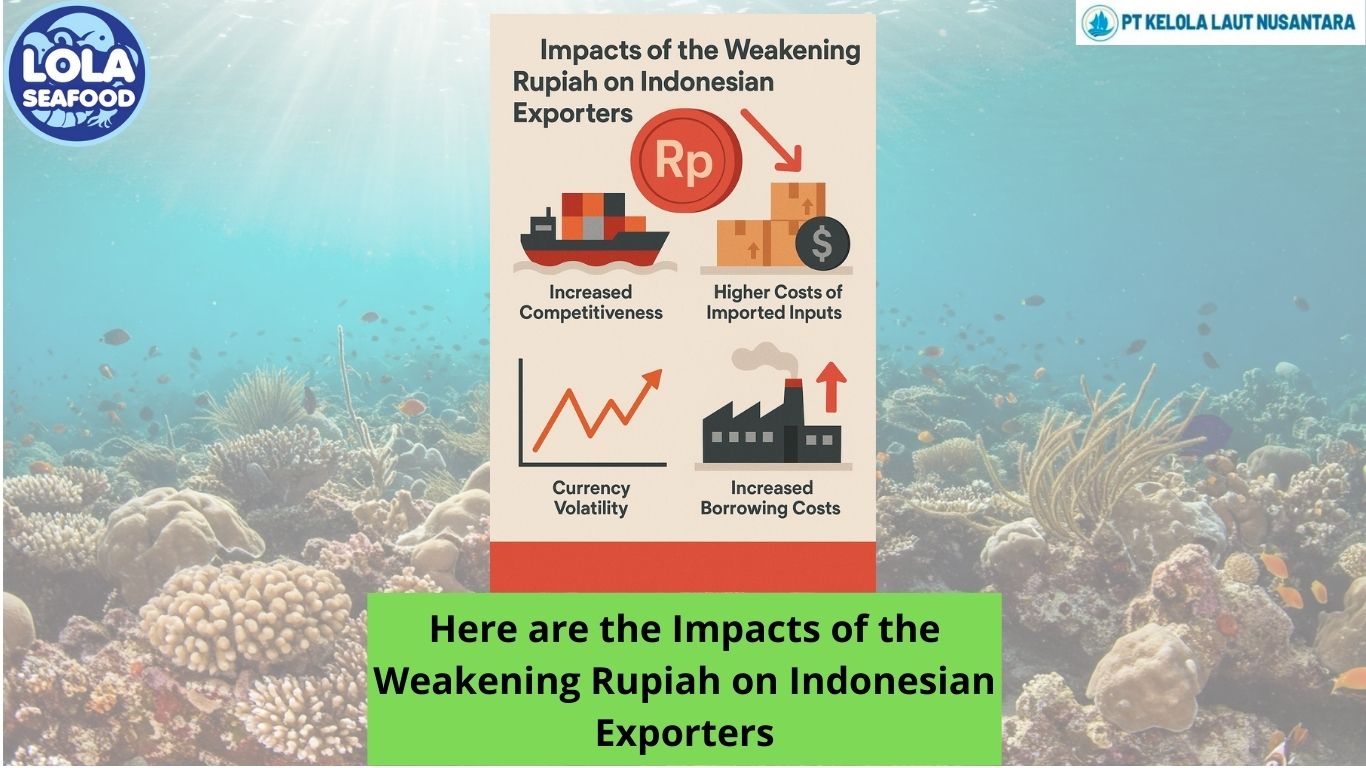The Fishing Industry Challenges adnd Opportunities for Growth
By. Najih - 25 Sep 2024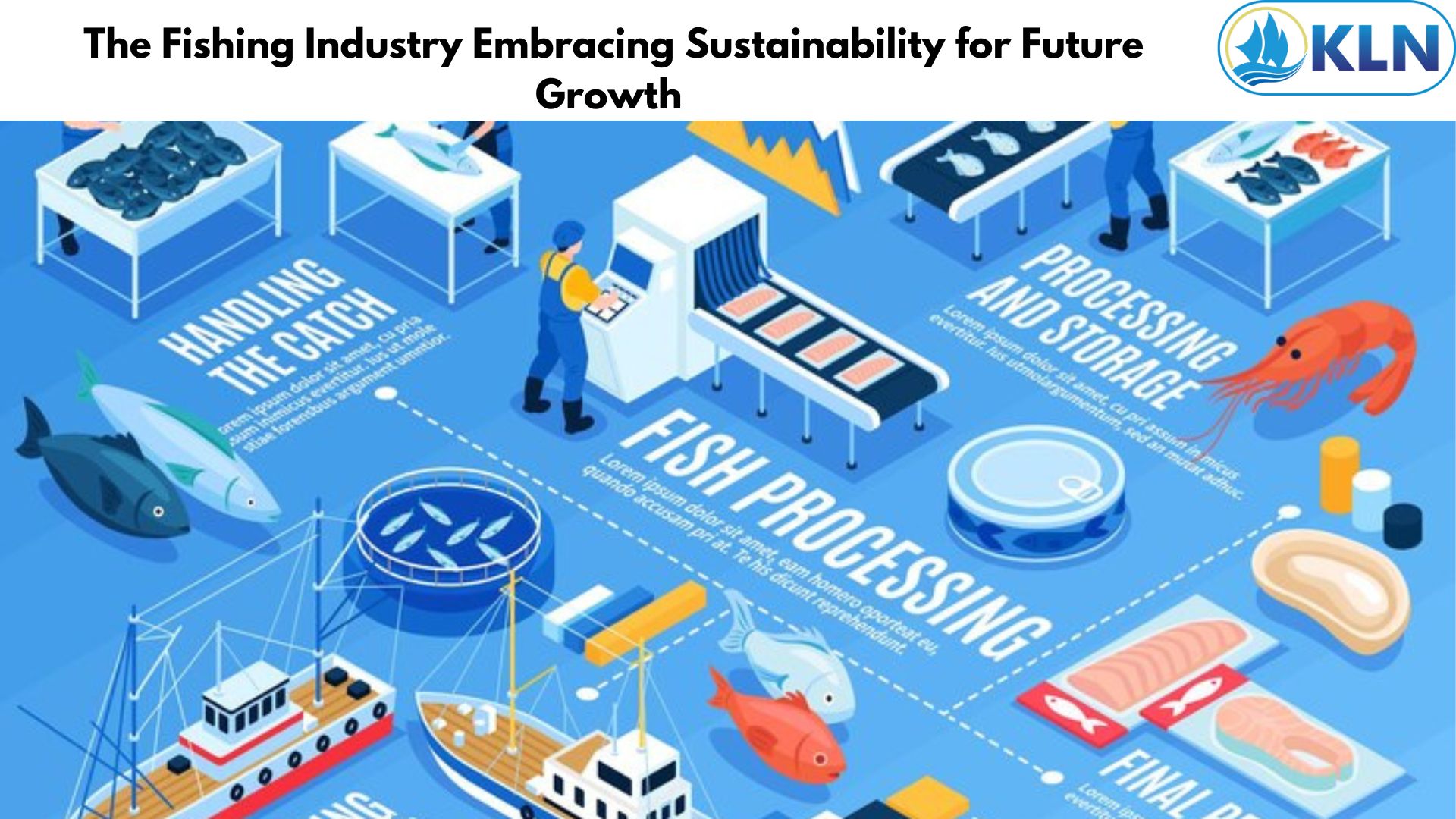
The fishing industry plays a crucial role in global food security and economic development. With the increasing demand for seafood, it is essential to address the challenges and opportunities that this sector faces today. This article explores the current state of the fishing industry, focusing on sustainability, waste management, and technological advancements.
Current State of the Fishing Industry
The fishing industry has witnessed significant growth over the past few decades. According to the Food and Agriculture Organization (FAO), global fish production has increased more than eightfold since 1954, reaching approximately 93.4 million tons in 2014. This growth is driven by advancements in fishing technologies and the expansion of aquaculture. However, this rapid increase has also led to several challenges, including overfishing, environmental degradation, and waste management issues.
Sustainability in Fishing Practices
Sustainable fishing practices are becoming increasingly important as concerns about overfishing and environmental impacts grow. The European Union's Common Fisheries Policy (CFP) aims to promote environmentally friendly fishing practices by reducing discards and maximizing the use of captured biomass. Sustainable practices not only help preserve marine ecosystems but also ensure the long-term viability of fish stocks.
One effective approach to sustainability is implementing traceability systems in the supply chain. These systems allow consumers to know the origin of their seafood, promoting responsible consumption. Technologies such as QR codes can enhance traceability by providing information about fish origins and handling processes.
Fish Waste Management
A significant challenge facing the fishing industry is fish waste management. It is estimated that about two-thirds of the total amount of fish caught is discarded as waste, leading to economic and environmental concerns. Efficient waste management strategies are essential for reducing this waste and maximizing resource utilization.
Innovative approaches to managing fish waste include converting byproducts into valuable resources. For instance, fish waste can be processed into fishmeal, fertilizers, or bioactive compounds with high commercial value. By adopting a circular economy model, businesses can turn waste into profit while minimizing their environmental footprint.
Technological Advancements
Technology plays a vital role in enhancing efficiency and sustainability in the fishing industry. Innovations such as advanced fishing gear, automated processing systems, and data analytics tools are transforming how fish are caught and processed. These technologies not only increase productivity but also help monitor fish populations and improve compliance with sustainability regulations.
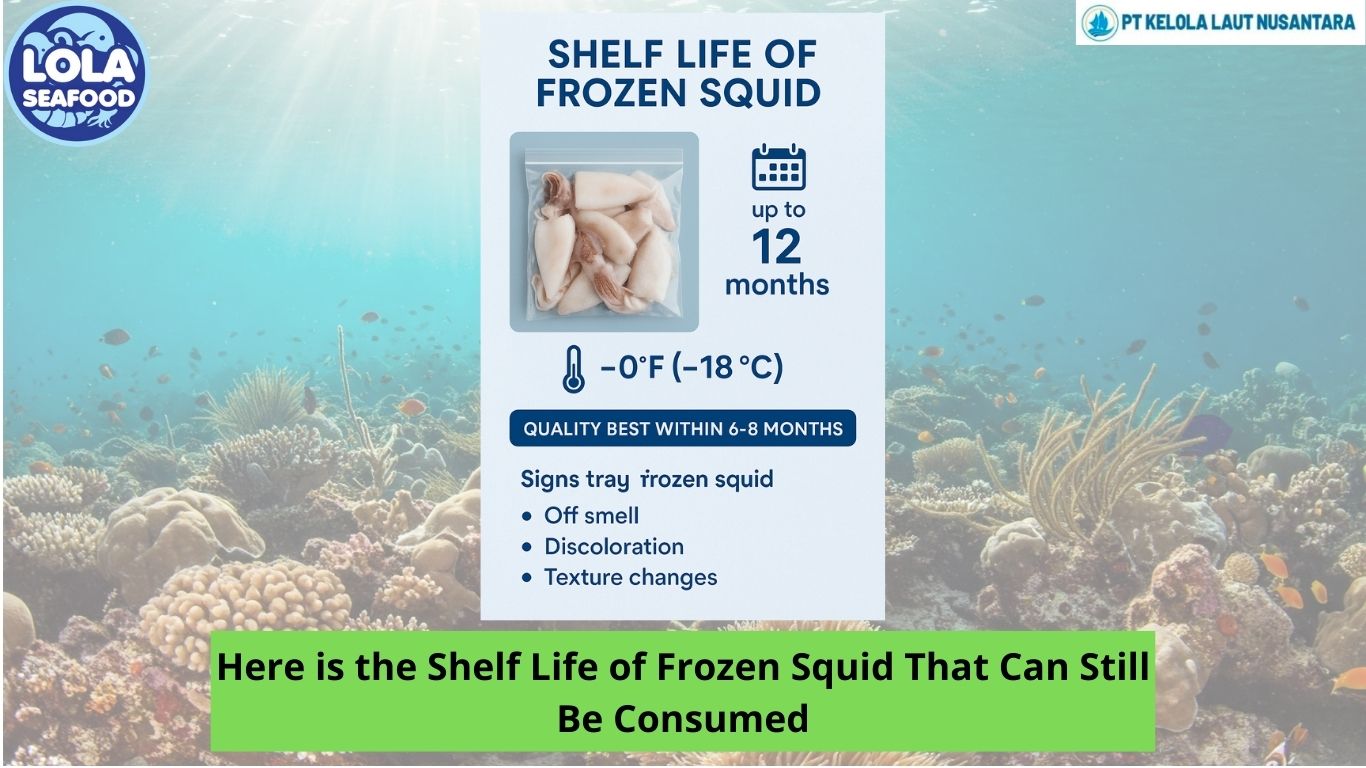
.jpg)
.jpg)
.jpg)
